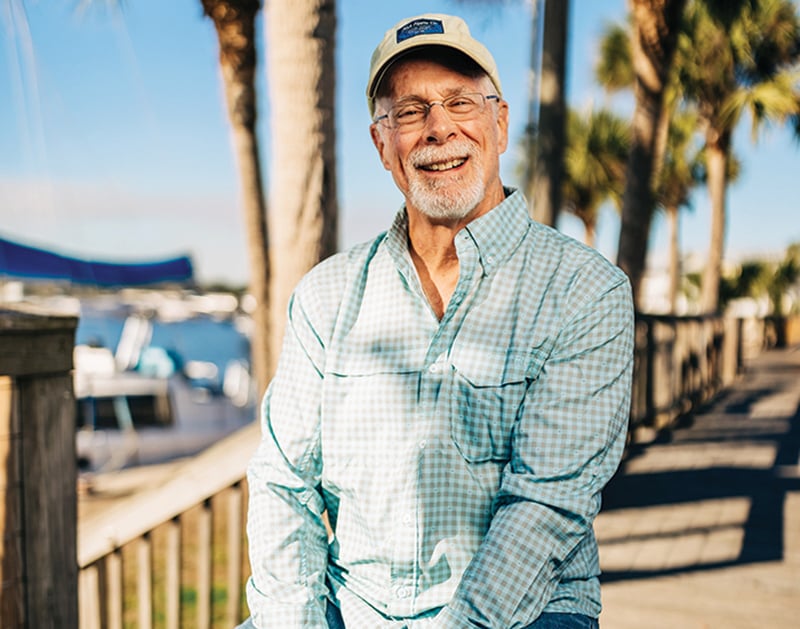A Primer on Preserving Freedom
Lessons for next year and the year after that

Over the past three years, I have gotten to know Jim, who each morning walks an ancient terrier with a black skin tag on its nose, a blemish that seems to bother neither man nor beast.
“It’s been there a long time” is all that Jim has to say about it. Were it my dog, I’d have to have it removed right now, but Jim is more mellow than I. Old Navy man, he is. Says about his non-combat military experience that it “was like a bad drink. Lots of water.” Jim is dry like that.
Most days, we will pass one another on the sidewalk as I labor to get in one more 5K and he walks his dog in short stretches.
“Fifteen feet,” he said one morning. “We go 15 feet, and then we rest.”
“High-intensity interval training,” I kidded him. He is familiar with the term, having been a gym regular until recently. And then, well, he just up and quit about the time he underwent cataract surgery. No plans to go back. Over it. He’d had some bad experiences. Many gyms pretend to be inclusive of seniors, but few genuinely are.
I have experienced one that welcomed me as a person living with years, a Crossfit gym located in what had been home to a machine shop. The black rubber floor was disintegrating, and if you did any floor exercises to speak of, especially on a humid day, you’d leave the place looking like you had taken a turn as a chimney sweep.
Organically, the 7:30 class came to be what we called the Geriatric Class and included me, a gay couple I called The Jackal (they were Jack and Al), a senior bank teller, a physician, an aging homebuilder and a Navy veteran far more grizzled than Jim. I was disappointed when the place became a COVID casualty.
I have come to regard Jim as the neighborhood pamphleteer, a latter-day Thomas Paine. Moving about on a no-frills Taxi bicycle with spring-loaded seats, he distributes copies of a digest-size, 128-page book titled On Tyranny: Twenty Lessons from the Twentieth Century, written by Timothy Snyder, a historian who was educated at schools including Oxford and teaches at Yale, and published in 2017.
“History does not repeat, but it does instruct,” Snyder begins, then proceeds to demonstrate how freedom can be both a strength and a vulnerability while offering advice on how to avoid descents into authoritarianism, fascism, toxic populism and/or unhealthy concentrations of power.
“The odd American idea that giving money to political campaigns is free speech means that the very rich have far more speech, and so in effect far more voting power, than other citizens,” Snyder writes. “We believe that we have checks and balances, but have rarely faced a situation like the present when the less popular of the two parties controls every lever of government at the federal level, as well as the majority of statehouses.”
As a nation, we survived that circumstance, somehow.
Here are three of the 20 lessons, which are prescriptions, really. I encourage you to catch up with the other 17.
» Contribute to good causes. Be active in organizations that express your own view of life. Pick a charity or two, and set up autopay. Then you will have made a choice that supports civil society and helps others to do good.
» Listen for dangerous words. Be alert to the use of the words “extremism” and “terrorism.” Be alive to the fatal notions of emergency and exception. Be angry about the treacherous use of patriotic vocabulary.
» Make eye contact and small talk. This is not just polite. It is part of being a citizen and a responsible member of society. It is also a way to stay in touch with your surroundings, break down social barriers and understand whom you should and should not trust.
I am pleased that Jim regularly enacts the third lesson. I wouldn’t have expected a Paducah, Kentucky, native who wears the same haircut he did in the Navy to give me a copy of Snyder’s book. He did, and now I trust him.
Be safe and well,
Steve Bornhoft, Executive Editor
sbornhoft@rowlandpublishing.com



